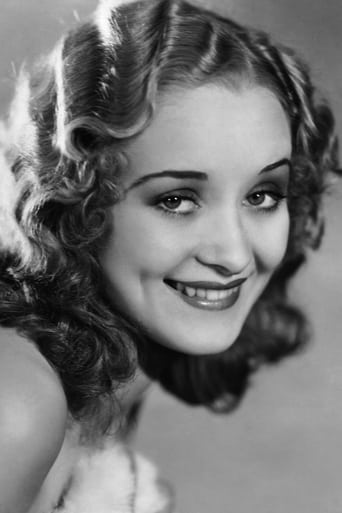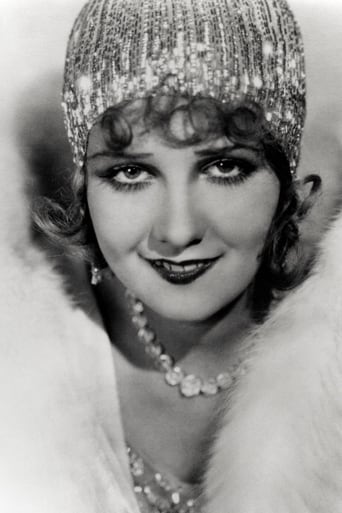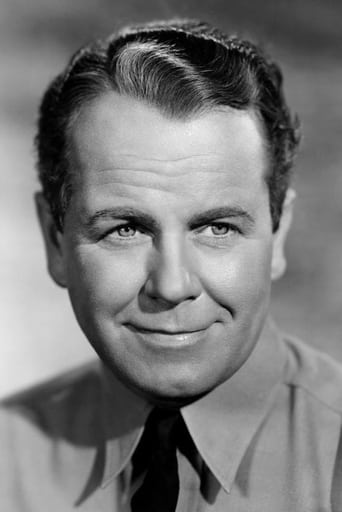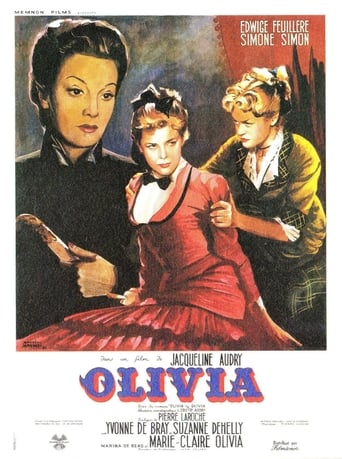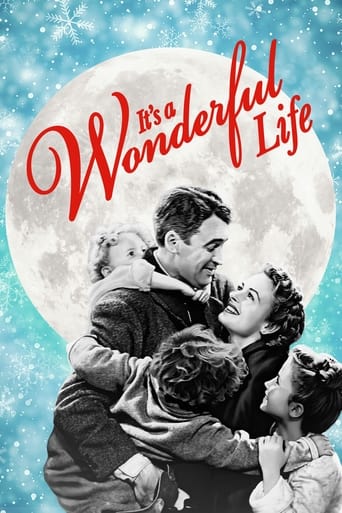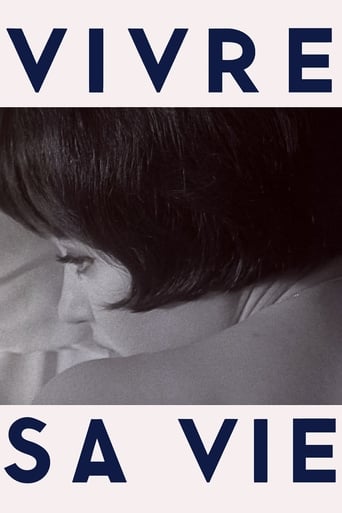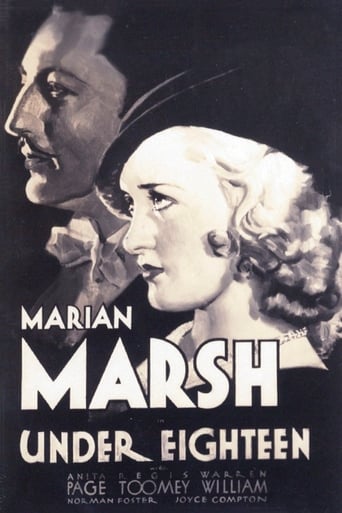
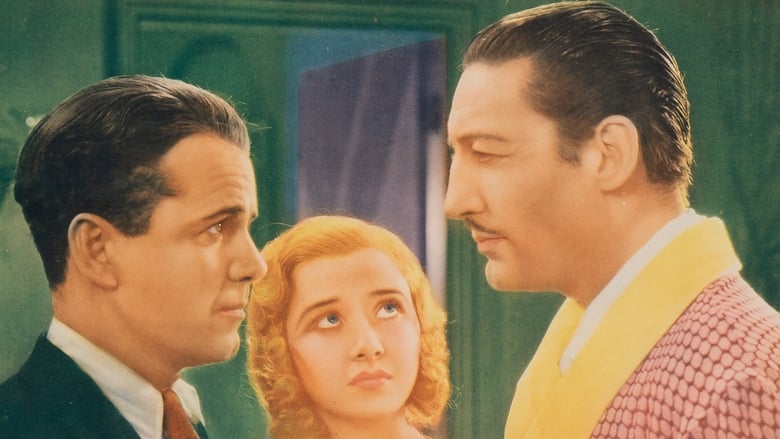
Under Eighteen (1931)
Working girl Margie Evans has decided there are two kinds of opportunities for a slum kid during the Depression: Those you make and those you take. Determined to help her family out of its financial bind, she is ready to do both after she shows up at the penthouse pool bash of a wealthy playboy.
Watch Trailer
Cast
Similar titles

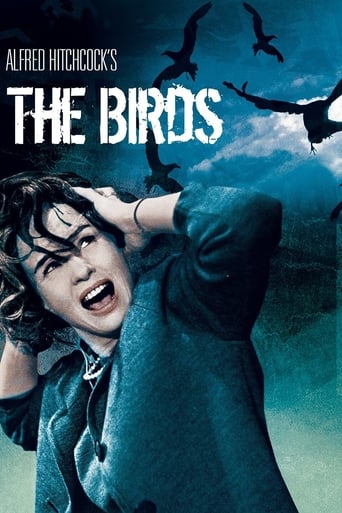
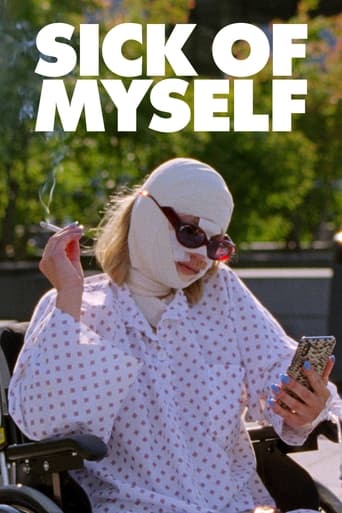
Reviews
Just perfect...
It is not deep, but it is fun to watch. It does have a bit more of an edge to it than other similar films.
Like the great film, it's made with a great deal of visible affection both in front of and behind the camera.
An old-fashioned movie made with new-fashioned finesse.
Under 18 (1931-22)A light-hearted comedy drama with a few very serious moments. It's a sincere and touching story about two sisters trying to make it in the poor tenements of New York. They each have a man from the same neighborhood, one a loafer (and pool shark) and the other a sweet and goofy grocery delivery driver. Mom lives with one of the sisters who is the title character, a bit young to know what she wants.But not too young for the rich ladykilling man who sees the girl modeling an expensive fur. Which leads, roundabout, to the highlight of the movie, and twenty minute frenzy on the roof of a tall building in Manhattan. This pool party is a real height of the Roaring Twenties as they were winding into the early Depression. It's pure wild decadence, and director Archie Mayo really knew how to ramp it up without getting totally obscene. Great stuff.And a great contrast with the humble lives of the impoverished stars. None of the leading ladies or their men are names most of us recognize (the main star, Marian Marsh, has several great films to her name, namely "Svengali" and "Crime and Punishment"). It's Warren William, the rich fellow, who is the most famous of the bunch, and he's always a hoot to watch, slyly winning over women despite (or because of) his age. But there is another serious side to all of this, and that is the trap women faced then (far less than now) in having to find a man to help survive economically. The Depression has clearly made jobs scarce, even in New York (which was still humming in some ways). When Marsh's sister realizes her new husband would rather play pool than work, things go bad—and get worse when she has a child. So Marsh sees the folly of marriage even though her own boyfriend is a decent chap with a job. This fairly realistic portrayal of life at the time is the largest part of the movie.The party, however, is the most fun, and I would say you could, if impatient, skim ahead to that section, a little after halfway, and just see the craziness of the times. It reminded me of "Madame Satan" which uses the same kind of party—in a blimp—that is so wild and compelling it makes you wonder why these kinds of scenes disappeared by the time of the Hays Code.There is a slightly awkward feel to the script throughout the film, unfortunately, and the acting of some of the lesser characters is fair but not great, bringing the whole thing down to earth. Still, the best of it well, give it a shot. I thoroughly enjoyed it.
Under 18 (1931) ** (out of 4) A rather bland Pre-Code from Warner doesn't live up to any of its hype especially when you see the cast, the story and the innuendo in the title. Margie Evans (Marian Marsh) lives in poverty and thinks that marriage is the one way out but when her older sister (Anita Page) gets married and still lives poor, she sees another chance of making good. At her factory she learns that rich men can give women what they want with a few "favors" and Margie meets a possible candidate in the womanizing Raymond Harding (Warren William). The story, the title, the suggestive language and throw in Marsh, Page and William and yet the end result is still rather bland and boring. I was really surprised to see how tame and uninteresting this Pre-code was and it really does seem like the studio was trying to do a Pre-code without all the naughty stuff. When I say naughty there's certainly not going to be anything X-rated but if you're a fan of this genre then you know Warner was the king and could deliver perfect entertainment. Several things struck me about this production and the majority of it goes back to the screenplay. The story is rather tame and for the life of me I couldn't understand some of the twists and turns in the story. I won't give away the ending but what happens to the William's character is just downright silly and it gets even double with yet another twist. The main female character is just as confusing because she sells herself so that her sister can get a divorce and you have to wonder what the point of this was since you could have had the sister being unhappy and going into the arms of William to get a divorce. At just under 80-minutes there's quite a bit of dialogue with some of it being funny but the majority of it just doesn't contain enough spice to make up for everything else going on. Marsh is pretty good here even though the screenplay doesn't offer her too much. Those who have seen the Edward G. Robinson film FIVE STAR FINAL will remember the charming Marsh. William is doing William like no one else could and Page is always entertaining even if she spends most of her screen time just fighting with the husband. The sexuality level is pretty low throughout even though it's hinted at at times. UNDER 18 has all the elements for a good Pre-code but sadly the screenplay gets lost one scene after another and in the end you can't help but see it as a disappointment.
Though it only has one star usually associated with Warner Brothers in the early 1930's - Warren William - and even he has a supporting role in relation to the now forgotten Regis Toomey, this film is just bursting with the attitude of precode Warner Brothers.It's subject is very definitely the depression and specifically how fortunes quickly changed for families when the male head of the household died. The beginning of the film is full of hope as the movie opens on the wedding day of Sophie (Anita Page), oldest daughter in the Evans family. However, three still-shots later - Dad's grave stone reading 1872-1928, a room for rent sign, and a pawn broker's store sign, and the audience is standing in the middle of a crowded tenement neighborhood in New York City in 1931. Youngest daughter Margie is working as a seamstress, living in a complete dump with her mother, and her boyfriend is making annoying happy talk about how their next big break is just around the corner. What is just around the corner is that sister Sophie, her husband Alf (Norman Foster), and their baby are moving into Margie and Mom's cramped quarters because they have just lost everything. Worse, Alf doesn't think that getting a regular job is a priority.The daring subject that is insinuated here but never mentioned specifically is abortion. After Alf hits Sophie when she objects to him taking what little money they have and betting on himself in a billiards tournament, she reveals to Margie that she wants a divorce from loafer Alf, and furthermore she's pregnant again. Margie talks about taking her to someone the other girls have talked about, and you do see her talking to a lawyer next, but you've got to wonder what else happened since that baby is never mentioned again.Unfortunately the girls are shocked to find out from the lawyer that a divorce costs 200 dollars, which they don't have. Margie has two places she can go for the money - her boyfriend, who has 800 dollars saved to start his own business but is dead-set against divorce under any circumstances, much more so against financing one. She could also go to playboy millionaire Raymond Harding (Warren William) who took a liking to Margie when he saw her stand in as a model at the fashionable dress shop where she works. He would certainly give her the money, but what will she have to do in return? This film is headed to a dark depression precode outcome when several credible good things happen and one rather outlandish thing happens that results in a rather preposterous happy ending. It's sad to think that Marian Marsh's career never really went anywhere. I've found her a delight in the three films in which I've seen her - Svengali, Beauty and the Boss, and this one. I'd recommend it to anybody who likes the precodes.
Marian Marsh was a creamy complexion blonde ingénue best remembered for playing Trilby opposite John Barrymore's SVENGALI in 1930. Warner Bros. briefly considered her star material in the early 1930's, needlessly to say this gentle starlet did not last long on the mean streets of Warners although she had a surprisingly long career as a B movie lead that lasted into the early 1940's. She was at the height of her fame in 1931 when Warners starred her in UNDER EIGHTEEN, a drama about a young girl who considers the primrose path. The movie is remarkably tame for a pre-code with Miss Marsh's virtue never really compromised or in doubt. Miss Marsh is a pleasant performer but it's easy to see how audiences of the era were underwhelmed by her compared to so many charismatic actresses starring at the time. She's also overshadowed here in the acting department at least by her MGM contemporary, lovely Anita Page, borrowed from Metro to play the older (age 21!) sister who learns marriage ain't quite all wedding cake especially when you have a husband who won't work and is not above smacking you one. (The movies' most shocking scene is the suggestion that Anita is considering having an abortion rather than have another child for a man who won't support the first one. It's never stated outright but clearly suggested. "I know where to go from girls at work for things like that," Marian volunteers, but after teasing us with Marian's hand scanning down on the list of business offices on a building directory wall with "doctor" among them, she stops at "attorney", thus showing us she meant she would help her get representation for the divorce.) It's Anita's dilemma in fact that causes Marion to wonder if does any good to be a good girl and Marian's desperation to get the $200 (rather pricey for the era) needed for Anita to obtain a divorce that causes her to turn to presumably big bad wolf Warren William. There's a remarkable unintentionally comic sequence when maid Marian goes up to Billy boy's art deco penthouse where a pool party with a bunch of fairly sauced party goers is in full swing (the depravity!), playboy Warren informs her this is just a typical night with his friends and instructs his butler to get the new chick a swimsuit, leading Marian to a room well stocked with swimwear and robes for visiting females. But wait, Marian's virtuous boyfriend, milkman Regis Toomey is on the way to rescue his girl from this den of iniquity and gives WW a rather mild punch that sends the maligned lech to death's door but since he really isn't a bad egg he survives (old Reg turns out was no dangerous pug, Warren merely had eaten some bad shrimp!!) and so our lovebirds are happily reunited and we also learn sister Anita off-camera has been happily reunited with hubby Norman Foster who has won $1,000 in a pool tournament (and another $500 besides for betting on himself!!) Of course, the fact that bro in law had earlier in the film LOST his pool hall and savings in an earlier bit of gambling is conveniently forgotten.The cast is pretty good here but the billing on the film is curiously strange. J. Farrell MacDonald as the girls' father keels over minutes into the film but is billed high whereas mom Emma Dunn has quite a large part but isn't billed at all. Similarly, Joyce Compton is billed quite high for a part so small I didn't notice she was in the picture on first viewing.The picture may not be for the history books, but the star starlets sure were survivors. Marian Marsh passed away last month, November 2006, at age 93, while Anita Page is still with us at age 96.
